Asphalt Millings Driveway (Gravel Types & Benefits)
Here we share our asphalt millings driveway guide including what is, how much it costs, the different types, the differences over gravel, how to harden and seal one, and where to buy.
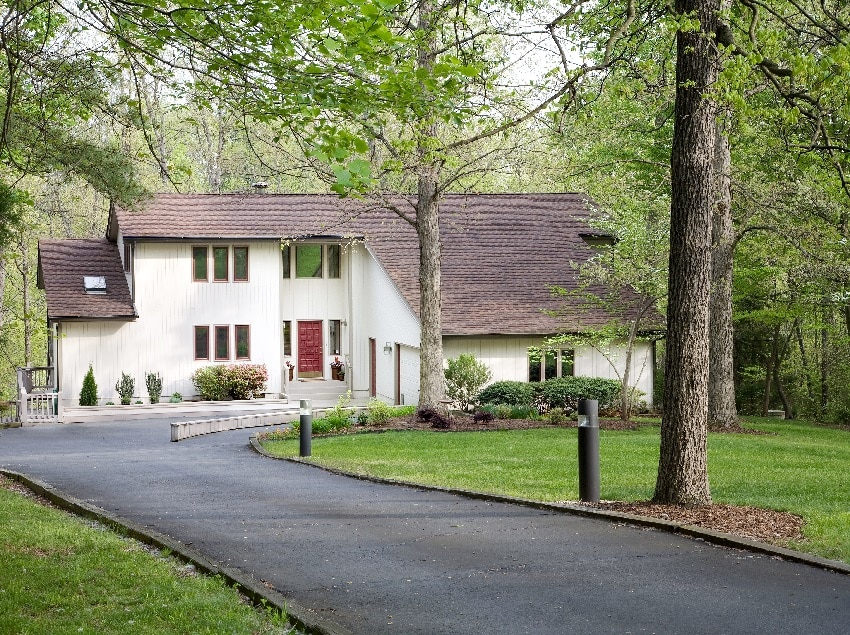
Recycled gravel from asphalt pavements, known as asphalt millings is a practical and inexpensive way to layout or restore your driveway. These are cost-efficient loose pavement materials that can act as your gravel bed when you plan to upgrade your driveway.
Find out more about asphalt millings in their application as driveway material and why it is a viable alternative to gravel and other pavement materials.
What Are Pavement Millings?
Asphalt milling pavement, or asphalt gravel, is the ground-up form with mostly less than an inch of particles. The pavement millings are mainly from roadway projects where the topmost material is removed to repair or improve the hardscape surface.
The removed surface is mainly composed of asphalt. It serves as the binder with other quarry materials such as stone, rock, silt, and sand.
With 45 million tons of asphalt millings produced every year, it is a continuous resource of recycled and reusable material used in repaving roads. It is also used for other hardscape surfaces for driveways for homes commercial, and government projects. Read more about our guide on the different types of driveways here.
The bituminous material can be recycled many times and has the same life expectancy as the brand-new asphalt, with an average of around 20 years.
Asphalt milling (process) is the recycling and repaving process used to remove the top layer of a hardscape without interfering with the sub-base.
Asphalt Millings Cost
The asphalt millings cost ranges from $7.80 to $11.90 Homeadvisor meanwhile lists $7 to $60, where the higher the percentage of RAP (Recycled Asphalt Pavement) the lower the cost. Factors that can significantly affect the price include the source and the process used.
Asphalt Millings Cost Per Ton
According to the Federal Highway Administration of the U.S. Department of Transportation (FHA), Asphalt millings cost per ton:
$7.80 – 50% RAP
$8.62 – 40% RAP
$9.44 – 30% RAP
$10.26 – 20% RAP
$11.90 – 0% RAP
*RAP or Reclaimed Asphalt Pavement refers to the reprocessed pavement materials that consist of milled materials and aggregates.
The amount of coverage per ton varies depending on the thickness of your hardscape. The thickness required by your pavement material depends on the purpose.
Another factor to consider is the weight and size of your roller. The heavier the roller, the more compact your driveway surface will be.
Types of asphalt are HL3 commercial, HL3 fine, HL3, and HL1. Typically, you’ll need two to two and a half inches thick for residential use, where 1 ton of milled material has a coverage of 80 to 100 square feet.
Types of Asphalt Millings for the Driveway
Recycled milled sources are crushed—screened asphalt sourced from hardscapes in reconstruction or resurfacing. The black gravel is usually broken down to a uniform size of 1 ½” or less, which is an excellent material for driveways.
Milled surfaces are a great alternative to gravel because of their better traction, durability, and cost-efficiency. Sustainable pavement gravel also performs well under different weather conditions.
The recycled version of asphalt pavements has a more grayish color instead of the jet-black color of the blacktop. Read more about our guide on the different types of gravel here.
Milled Asphalt Versus Gravel
Grind asphalt is an excellent substitute for gravel, but there are differences to consider.
Adaptability to Weather Conditions. As these milled materials and gravel are both loose pavement materials, you won’t have problems with cracks or fractures on your driveway pavement. But compared to the two materials, milled ones have better performance in various weather conditions.
These pavement millings melt faster when covered with snow, do not runoff easily during floods, and prevent water pooling.
Stability and Durability. Over time, driveways made of milled pavement harden and only get more compact whenever pressure is applied, while gravel can sink into the soil after use or can easily runoff during a flash flood.
For durability in general, both milled and gravel are hardy materials. The difference is that gravel can break into pieces under immense pressure, whereas milled will bond and compress as the bituminous material retains its oils and tar.
Upfront Costs. The average cost of a gravel driveway is between $1.25 and $1.80 per square foot, while asphalt driveways can typically cost from $2 to $5 per square foot to install. This makes both materials the most economical driveway material available.
Cost-Efficiency. While gravel is marginally more affordable than milled, the latter is the more cost-efficient material as you get a material that can be reused and recycled many times over.
Moreover, since a milling application creates a very stable driveway surface, there’s no need for constant replacement and concern for surface runoff during flooding or dust although out the dry months.
Maintenance. Weeds, mud, and debris can get in between the gravel stones, which will require regular cleaning. There are available chemicals to prevent weed from growing, but regrowth is still unavoidable, especially during the rainy season.
Meanwhile, milled surfaces are less likely to accumulate debris over time, thus making it unlikely for weeds to grow on your driveway. Both do not need refinishing or resurfacing but will need replacement and leveling due to material runoff or displacement.
Surface Performance. Gravel can cause ruts or holes on your driveway surface, which means you’ll need to refill and re-trowel the gravel stones often to achieve an even surface. Milled materials tend to bend.
On the other hand, they have a better traction grip between your tires and with less displacement as the bituminous material tends to bind together and further compact when enough pressure over time. Although milled surfaces can melt when exposed to extreme heat.
Longevity. Both gravel and asphalt millings can last for a lifetime with proper maintenance. However, you’ll need to refill your gravel driveway every 2 to 3 years as gravel can imbed itself to the ground or get displaced due to water runoff.
For asphalt millings, you’ll need less refilling and troweling the surface and enjoy your driveway throughout the year, but will need compacting every five years.
Read more about asphalt vs gravel driveways here.
How to Harden Millings
Unlike your hot mix pavement, your asphalt millings are laid without using heat. The millings can be laid and cured using ambient temperature. But to ensure a stable driveway, a compactor or steamroller is used.
But before deciding to use milled materials for your driveway project, check your community housing regulations that may limit or restrict your use of this crushed road surface.
Typically, a contractor will initially run a 25-ton pneumatic-tired roller then a 12-ton or a larger drum vibratory roller. The roller drums are usually wet before running them through your millings to prevent them from sticking.
Driveway Sealer for Milled Asphalt Driveway
DIYers can opt for a small amount of diesel sprayed on your new asphalt milling driveway, which will soften the oils inside and help the granules bind together.
Contractors usually spray these driveways with chip seal mix, which is usually done every two or three years.
You can also add another layer of recycled asphalt millings of around 1.25 inches in thickness before sealing off your driveway.
Where to Buy Asphalt Millings
You can purchase asphalt millings from landscaping companies, recycling centers, paving companies, or gravel shops and tarmac production plants with standard delivery fees depending on your location.
Some contractors can offer pavement services that can source the asphalt millings for your driveway. Check your area for tax credits and incentives for using recycled pavements in your area.
See more related content in our article about concrete driveway finishes on this page.

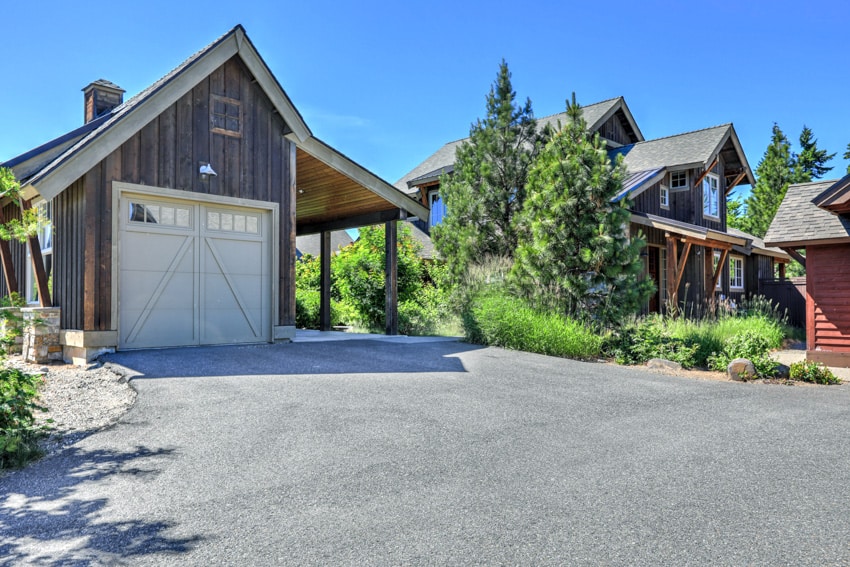
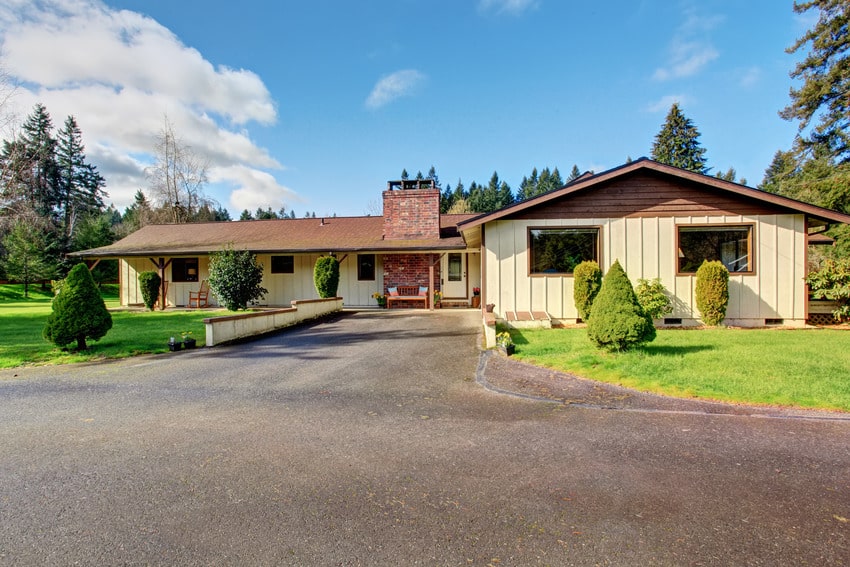

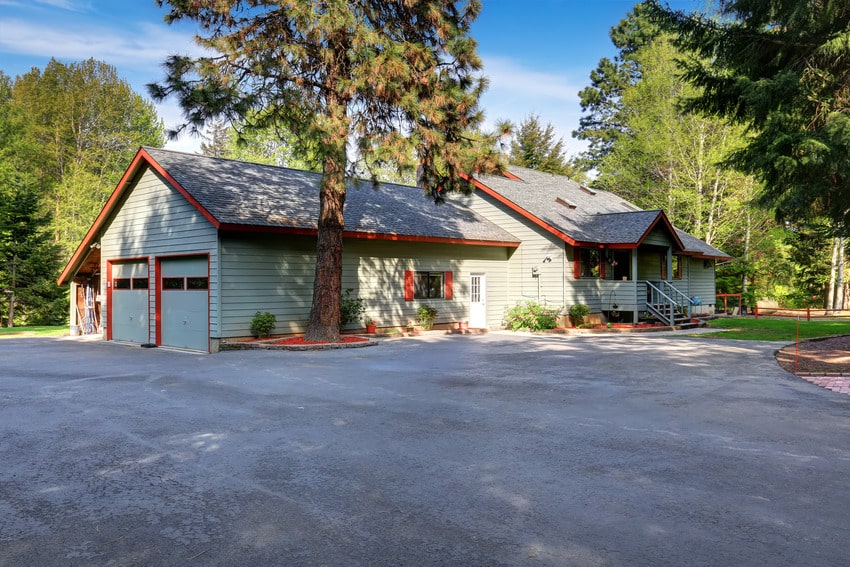




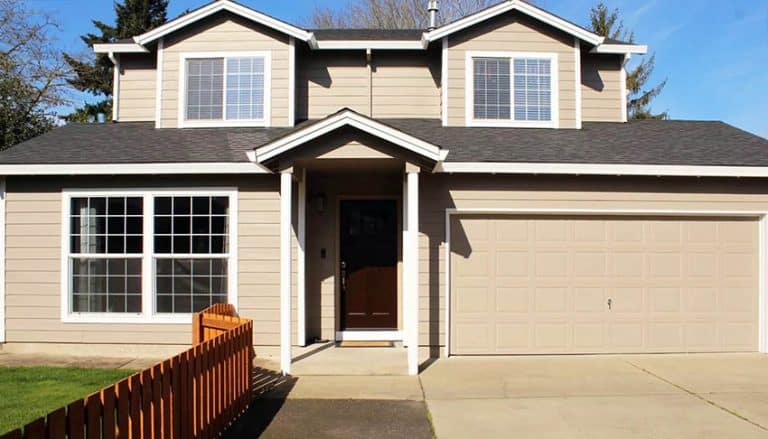
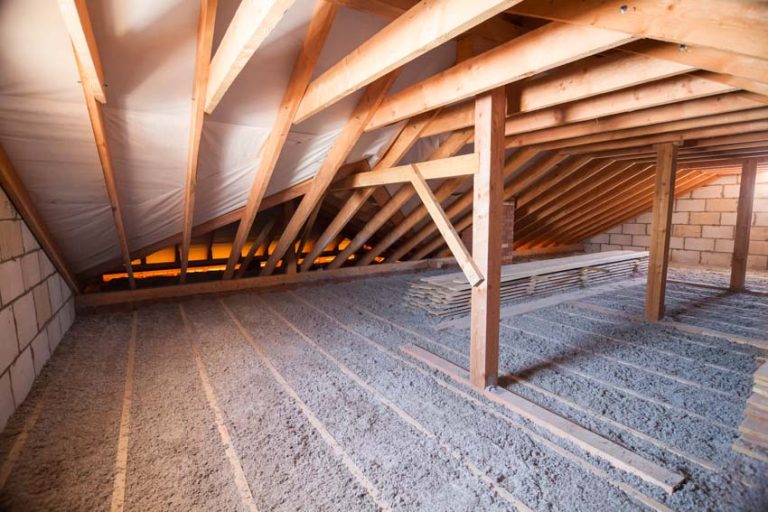
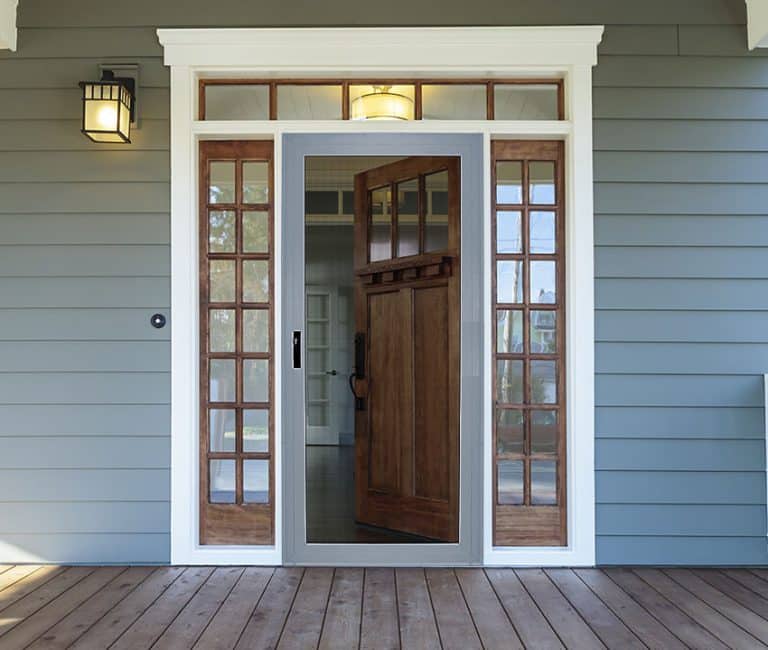
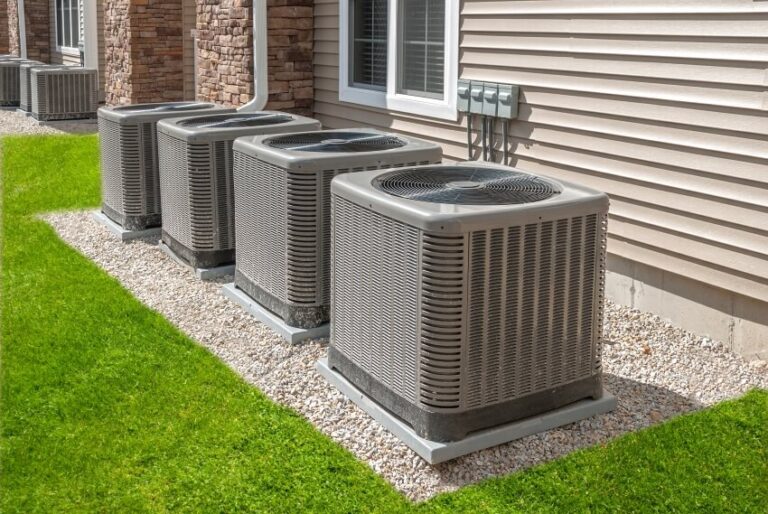


Does anyone have any information on the use of “offroad” millings vs regular millings for a road?
I don’t need an extremely smooth surface, but I don’t want it so rough that a regular car can’t drive it. Top speed will be about 20 mph.
I am very interested in minimal washout at several points in the road.